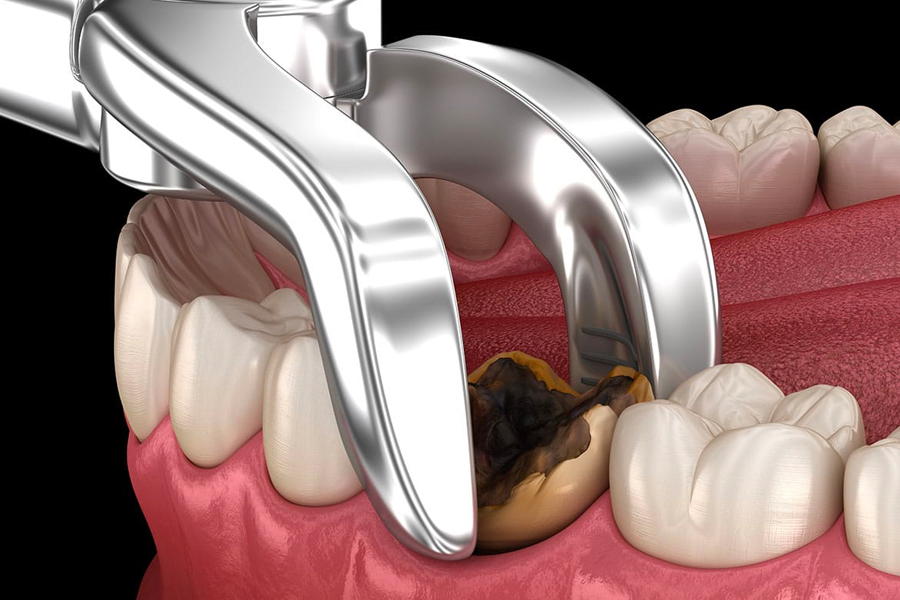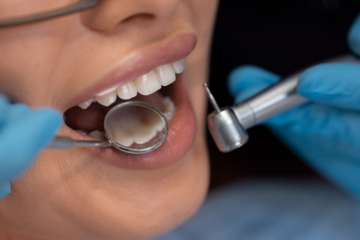Do Wisdom Teeth Make You Smarter?

We have heard a lot about wisdom teeth. When we were children, we thought that the eruption of wisdom teeth would make us smarter, but now everyone knows the reason for denominating their wisdom teeth is because of the period of growth that happens in our adulthood. Overall, humans will have four wisdom teeth, two in the upper jaw and two in the lower, to complete the sets of 32 adult teeth; however, some people don’t experience wisdom teeth in their lives. Humans are more likely to have problems with these molars than with any other teeth because, in some cases, the lack of room for teeth to come out may cause some issues. A dentist offering cheap wisdom teeth removal in Toronto points out that to prevent such severe problems, people are recommended to remove their wisdom teeth. Continue reading to learn more useful information about wisdom teeth and if you are a good candidate for wisdom teeth extraction.

Wisdom Teeth Issues
It should be mentioned that in most cases, your wisdom teeth may cause severe problems, and tooth extraction is necessary for these conditions to preserve your oral health. These issues include infection and cavities, damage to the surrounding teeth, bone loss around the wisdom teeth root, lack of enough room for teeth to brush and floss properly, and lesions which means abnormal-looking tissues.
Wisdom Teeth Extraction
Some dentists will recommend removing wisdom teeth as a preventive procedure to prevent potential problems in the future. Some examples of these possible problems include growing cysts around the sack of tissue, leading to bone loss in the jaw, and bacteria and plaque may build up around the partly up wisdom teeth and cause infection and cavities. Otherwise, some other dentists and public health experts don’t think wisdom teeth taking out is a valuable process. They believe that healthy teeth are always a good point. If your dentists recommend you save them and are not sure, you can take a second opinion.

Simple Extraction
In some cases that your wisdom tooth has come in ultimately, the process of extracting is straightforward, and your dentist can do it without any difficulty. They use a dental anesthetic to numb your gum. Then they use an elevator tool to loosen the tooth and then pull it down. Extreme bleeding during the procedure is normal, and your dentist will clean the area and pack it with a piece of gauze to control bleeding. After this process, you may feel discomfort and swelling for a few days. Please avoid brushing and rinsing your mouth for about 24 hours after the extraction.
Surgical Extraction
Sometimes, your wisdom teeth are still under your gum line, and they should be removed. In these cases, you are referred to the dental surgeon; however, some dentists routinely perform this procedure in their offices. Don’t panic. You won’t feel pain or remember much because you are on medication to feel sleepy during the operation. After the surgery, you have been prescribed some painkillers, especially if the surgeon took out any bones. You should attempt to make some helpful recommendations after the tooth extraction to speed the healing and ease the pain. For example, holding a cold compress against your cheek can be beneficial to reduce the pain and swelling. Drinking lots of water is necessary but keep in mind not to use a straw because it can increase your bleeding.
Leave a reply
You must be logged in to post a comment.











